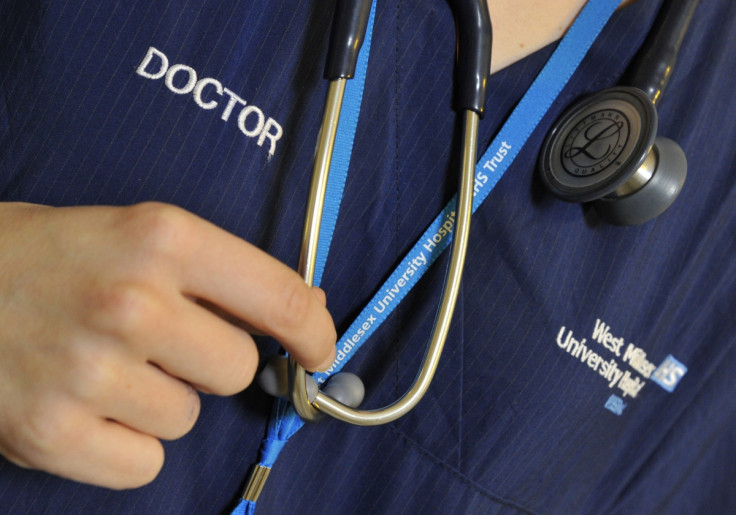UK Women More Worried About Sickies than Men

Women worry more than men about how sick absences might affect their job prospects, according to PMI Health Group.
Six out of ten women cited this as the biggest reason for returning to work before they are fully recovered from sickness or injury, compared to just 48% of men.
The study which sampled 600 UK employees, confirmed that the financial implications of sickness absence are a more pressing concern for male staff.
Almost half (44%) worried their employer would not pay statutory sick pay after three days' absence, compared to just 29% of women.
"With the Office of National Statistics recently revealing around two-thirds of UK managers are male, it is perhaps unsurprising that traditional gender attitudes make women feel like they need to work harder than men to climb the career ladder," said Mike Blake, Director at PMI Health Group.
Women were also found to be better team players than men, with almost half (47%) believing they were failing their colleagues when off sick, in comparison to 36% of male workers.
However, the study revealed a trend towards 'presenteeism' across the board. More than half of all employees (53%) claimed they felt under pressure to go back to work before fully recovering from sickness or injury.
"Employees returning to work too early can lead to potential relapses and further longer-term absence problems so sensitive management and a workplace culture that doesn't place staff under undue pressure are essential," added Blake.
"Early intervention by occupational health professionals ensures employees receive expert advice and support in order to make a smoother transition back into the workplace.
"If a return-to-work plan is not implemented and managed correctly, it can become a costly mistake for a business in the long run."
© Copyright IBTimes 2024. All rights reserved.






